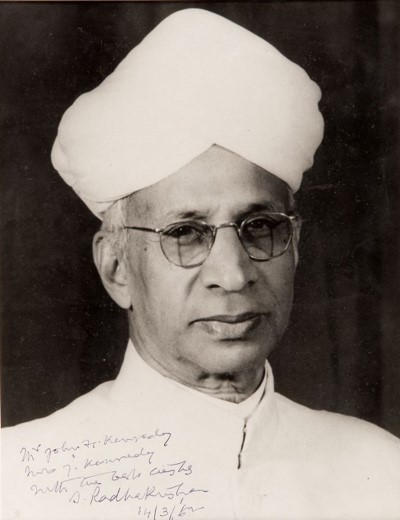Free Courses Sale ends Soon, Get It Now


Free Courses Sale ends Soon, Get It Now



Disclaimer: Copyright infringement not intended.
Context
Details
Early Life
Academic Career
Philosophical Contributions
Political Career
Teacher's Day
Awards and Honors
Notable quotes attributed to Sarvepalli Radhakrishnan
Notable works
|
PRACTICE QUESTION Q. Discuss the philosophical contributions and ideas of Sarvepalli Radhakrishnan. How did his thoughts shape Indian philosophy and influence the world's perception of it? (150 Words) |
© 2024 iasgyan. All right reserved